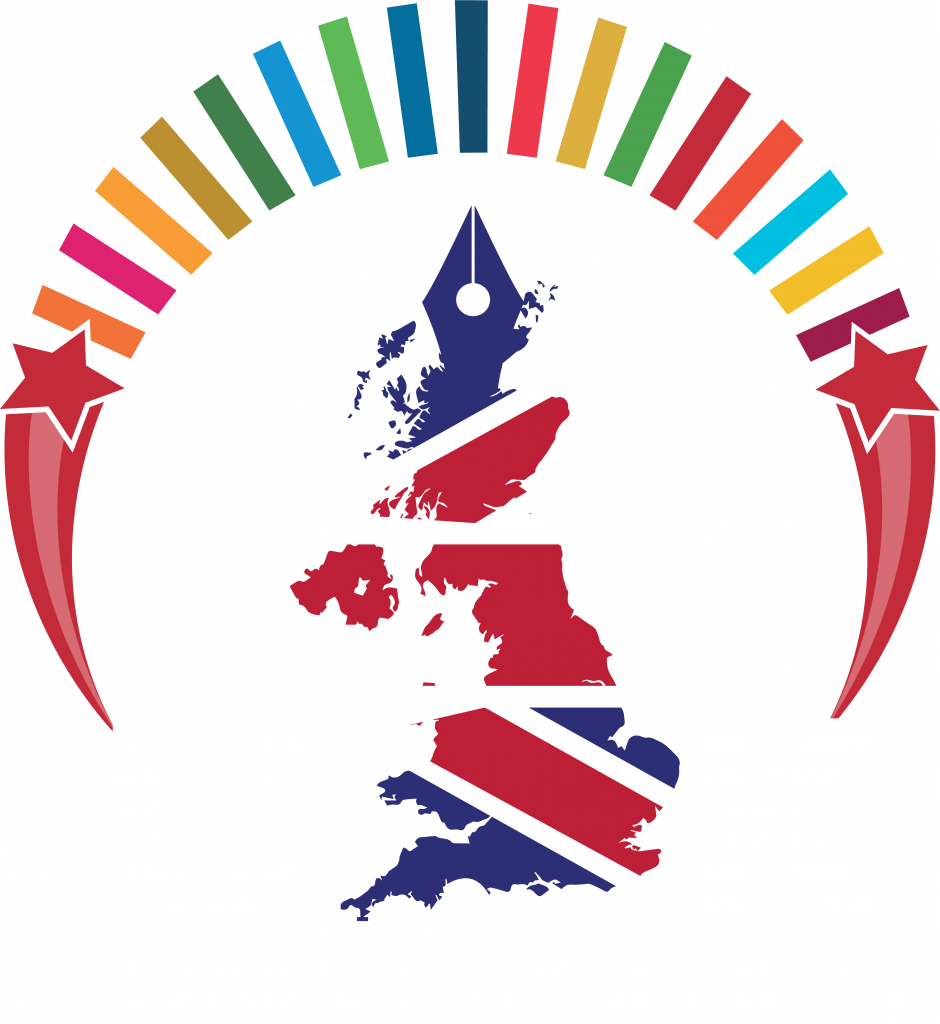UK (University of Brighton) My Dead Body documentary offers Brighton students once-in-a-lifetime opportunity

Toni Crews, who died from cancer in 2020 at the age of 30, gave permission for her body to be used for medical science and for ‘public display’ to raise awareness of the disease. Her dissection was carried out in a series of 12 workshops in front of nearly 1,000 students from Brighton and Sussex Medical School (BSMS), the University of Brighton and the University of Sussex.
Her consent to waive her anonymity also made it possible for the workshops and her personal story to be captured for pioneering documentary My Dead Body, which is due to be broadcast on Monday at 10pm on Channel 4.
The documentary follows Professor Claire Smith, Head of Anatomy at BSMS, and her team as they dissect Toni’s body and chart the course of an extremely rare and aggressive cancer that developed in her tear gland to understand exactly what caused her symptoms and to build a timeline of how it spread.
The dissection was filmed as part of BSMS’s anatomical examination licence. The documentary was carried out under both BSMS’s anatomical examination licence and its public display licence owing to Toni’s choice to waive her anonymity. While museums often hold a public display licence to enable them to exhibit body parts, BSMS was the first UK medical school to hold one. The licence was granted to the school in 2019.
“Brave and selfless act”
Students who attended the dissection showed their appreciation of Toni’s decision by sharing their feelings with her family afterwards. Many praised her for her “bravery and courage” and said they felt “inspired” by the opportunity the experience gave them to further their knowledge.
A first-year student nurse wrote: “Her brave and selfless act of allowing me this amazing opportunity will never be forgotten and has truly made me a better nurse and person. Thank you so much.”
Another commented: “Working with Toni has been a privilege. A truly fantastic lady who has selflessly helped students learn about the spread of metastatic cancer and human dissection. Having her in our care has been an honour. I am grateful for this learning opportunity but also the gratitude I hold for life since working with her.”
Professor Smith led a team of expert surgeons and clinicians to run the workshops. She said: “This gave us a wonderful opportunity for students in allied health as well as medical students to be able to learn about what happens inside the body. In Toni’s case, we worked with her family to ensure that they were aware of what would happen and to be part of the process every step of the way in carrying out Toni’s wishes.”
Professor Smith added: “Body donation is a truly amazing act. We need to train the next generation of medical and allied health care students. Once qualified, we need to help them to continue learning and to push the boundaries of medicine. This might be through developing new surgical techniques, life-saving interventions, or furthering the understanding of our bodies.
“If, as a result of this documentary, one extra person goes to a health provider to double check a symptom, or one more young person is attracted to a career in medicine or science, then I believe that Toni’s wishes will have been carried out.”
You can find out more about body donation on the Human Tissue Authority website.
My Dead Body will be broadcast on Channel 4 at 10pm on Monday 5 December 2022. It is produced by 141 Productions, part of Objective Media Group, an All3Media Company. Directed by Sophie Robinson, with Executive Producers Hannah Brownhill and Toby Stevens for 141, and Anna Miralis for Channel 4.
